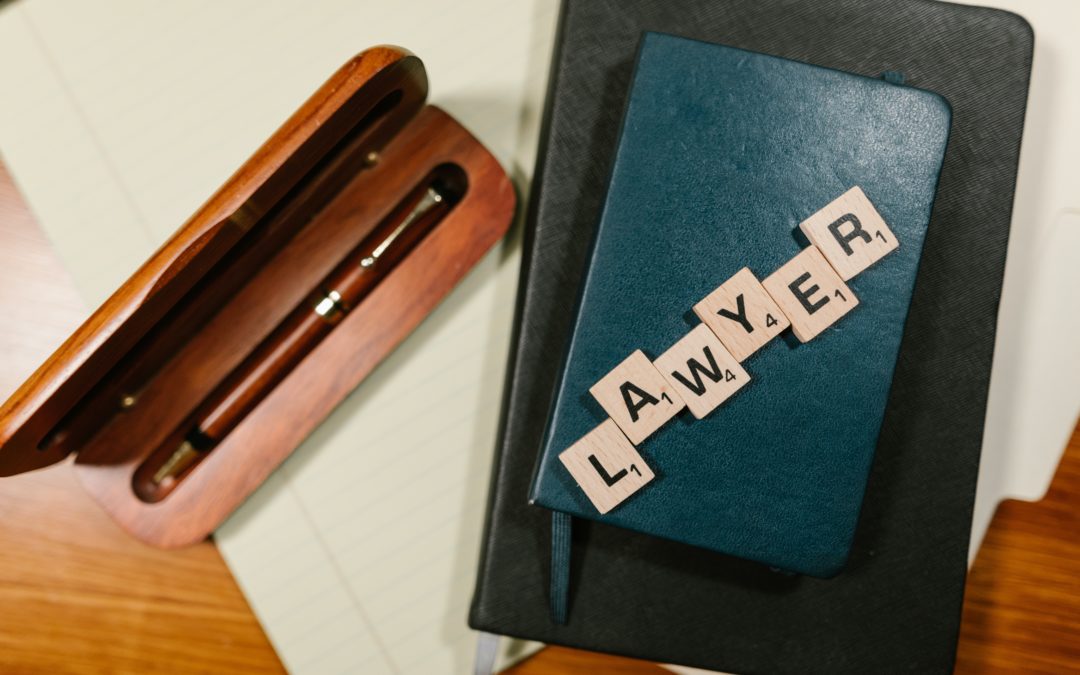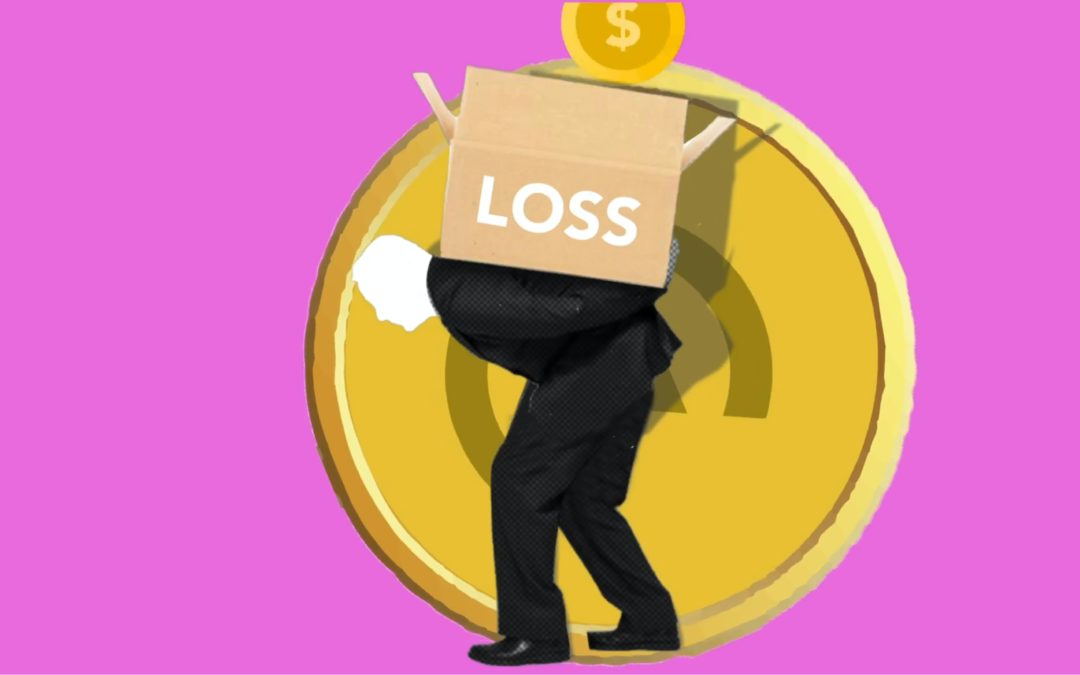
by Chris Williams | Dec 1, 2021 | Chapter 13 Bankruptcy, Chapter 7 Bankruptcy
To be eligible for a discharge, a Debtor must not have filed bankruptcy within a specific period of time prior to their newest bankruptcy. Filing a bankruptcy case too soon, within that period, will prevent the Debtor from receiving a discharge. A Debtor must wait...

by Chris Williams | Nov 9, 2021 | Chapter 7 Bankruptcy
A common misunderstanding is that a person cannot discharge any taxes in bankruptcy. However, a person can discharge taxes in bankruptcy if certain conditions are met. The bankruptcy code states that a debt is dischargeable unless it says otherwise. The general...

by Chris Williams | Oct 26, 2021 | Chapter 7 Bankruptcy
Hiring an experienced lawyer for your bankruptcy can help achieve the best result for you. In the internet age, representing yourself in a court action can feel like a reasonable decision. After all, there are a multitude of resources available to you for free that...

by Chris Williams | Oct 22, 2021 | Chapter 7 Bankruptcy
The costs of a bankruptcy case can vary from case to case, although there are some set costs. The primary costs are the attorney’s fee, the filing fee, and the cost of a credit report. Here we will go over reach of these fees, the costs of each, and when they can...

by Chris Williams | Oct 14, 2021 | Chapter 7 Bankruptcy
A Chapter 7 or Chapter 13 bankruptcy can stop most garnishments. In most cases, to begin garnishing your wages a creditor must first file a lawsuit against you, serve you, and get a judgment. With that judgment, the creditor may request that the local sheriff’s...







Recent Comments